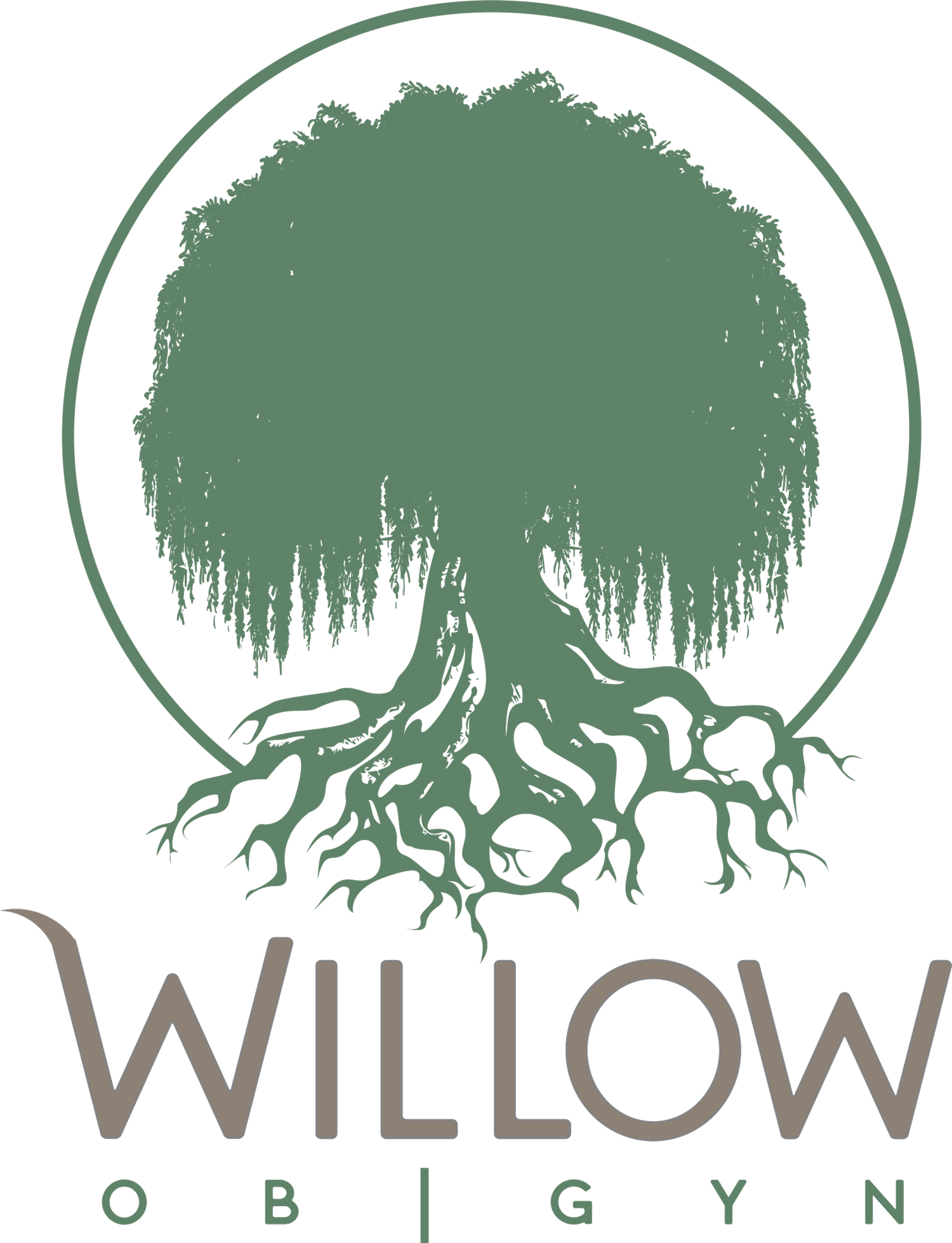3 Things You May Not Realize About Menopause
Menopause is a naturally occurring slowdown in your reproductive ability that typically occurs around age 50. When you enter into the time known as perimenopause, your menstrual periods become irregular due to a decrease in hormone production. The diminished ability to produce and balance your hormones also becomes evident in the symptoms that go hand in hand with approaching menopause.
Menopause is considered to have occurred, officially, when you have gone one year without a menstrual period. As your body approaches and enters menopause, you experience plenty of strange, uncomfortable, and downright worrisome symptoms. You’re certainly familiar with many of these symptoms and know what to expect as far as hot flashes, insomnia, and mood swings, but there are some equally surprising symptoms and things that occur when you enter into menopause.
Surprising things you may not realize about menopause
Many aspects of menopause that you’ve heard of: hot flashes, sleep disturbances, and mood changes often come to mind. But not everything about this imminent change in your body is reason for dismay.
1. Your desire for sex may increase
A decrease in your sexual libido is common with menopause. Due to the fluctuation in your hormones, the slowing of estrogen production, and the discomfort of vaginal dryness, sex may be the furthest thing from your mind.
But for some women, desire seems to increase. This could be one of Mother Nature’s hormonal tricks, but it also could be the freedom that comes with not worrying about pregnancy. At this time in your life, you may find yourself looking toward an empty nest and the ability to spend more time with your partner, rediscovering your bond.
2. You’re at greater risk for osteoporosis
The loss of estrogen can wreak havoc with your bones, making you a prime candidate for osteoporosis, a debilitating bone disease. Estrogen helps the bone-building cells, osteoblasts, to promote healthy bone tissue.
When estrogen drops off, osteoblasts are unable to effectively do their job. This may be a good time to consider hormone replacement therapy to protect your bones for a fully active future.
3. You may experience urinary incontinence
As estrogen production wanes, so does the production of collagen and elastin, those proteins that keep your soft tissue supple, your ligaments and muscles resilient, and your skin smooth, among other things. Because of the reduction in these youth-enhancing proteins, your tissue begins to thin, including the lining of your urethra.
As your urethra becomes less resilient, you may develop leakage. If this happens, make sure you see Dr. Kelly Morales, to rule out any other issues. Dr. Morales can discuss options for managing your incontinence, such as Kegels, pads, and hormone replacement therapy.
Hormone replacement may be an option
While the predictable and common symptoms of menopause may make you uncomfortable, they don’t need to be out of control. You can balance your hormones with hormone replacement therapy (HRT). By making a few simple lifestyle changes, you can reduce the occurrence of the less desirable aspects of menopause.
The freedom of menopause
Once menopause is complete, and you’ve been period-free for 12 months, you can begin to enjoy this new chapter in your life. For instance, you no longer have to concern yourself with unplanned pregnancy, a freeing condition in itself. Additionally, you no longer need to carry a packet of tampons or panty liners in your purse “just in case” your period decides to ambush you at the worst possible time. You may be moody, but PMS is no longer a concern. And HRT can even help with your moods.
Menopause is perfectly natural and expected. And with hormone replacement, you can certainly manage the worst symptoms and protect your future quality of life.
Dr. Morales is a menopause specialist in San Antonio, Texas. She helps you prepare for menopause and ensures your hormonal health and well-being. For more information on how you can weather the approaching storm known as menopause, or for any other women’s wellness concerns, contact the team at Kelly Morales OB/GYN to schedule a consultation today.

